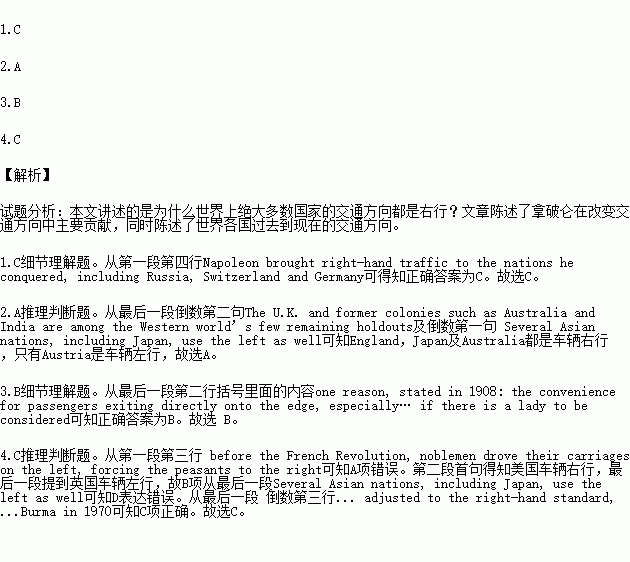Why Was the Gospel of Peter Rejected?
### Exploring the Reasons Behind the Rejection of the Gospel of PeterThe Gospel of Peter is an ancient text that has intrigued scholars, theologians, and hi……
### Exploring the Reasons Behind the Rejection of the Gospel of Peter
The Gospel of Peter is an ancient text that has intrigued scholars, theologians, and history enthusiasts alike. Its rejection from the canonical New Testament raises profound questions about early Christianity and the criteria used to determine the legitimacy of sacred texts. In this article, we will delve into the reasons why the Gospel of Peter was rejected, examining its content, historical context, and the theological implications that contributed to its exclusion from the Bible.
The Gospel of Peter is believed to have been written in the second century, purportedly authored by Peter the Apostle. Unlike the four canonical Gospels—Matthew, Mark, Luke, and John—this text presents a unique narrative that includes elements not found in the accepted Gospels. For instance, it contains an account of the resurrection that describes a talking cross and emphasizes a more docetic view of Jesus’ nature, suggesting that his physical suffering was an illusion. Such theological deviations were significant factors that led to its rejection.

One of the primary reasons for the rejection of the Gospel of Peter was its nonconformity to orthodox Christian beliefs. Early church leaders, such as Irenaeus and Tertullian, were instrumental in defining orthodox theology and identifying heretical texts. The Gospel of Peter's portrayal of Jesus and the resurrection was at odds with the established beliefs about the nature of Christ and the significance of his suffering and resurrection. The early church sought to maintain a unified doctrine, and texts that deviated from accepted teachings were often deemed heretical.
Another critical factor in the rejection of the Gospel of Peter is its lack of apostolic authority. The early Christian community placed immense value on texts that were believed to be directly linked to the apostles or their immediate followers. While the Gospel of Peter claims to be authored by Peter, there is little evidence to support its authenticity or its direct connection to the apostolic circle. The absence of a strong historical foundation weakened its credibility and contributed to its exclusion from the canon.
Additionally, the Gospel of Peter was associated with the Gnostic movement, which presented alternative interpretations of Christian teachings. Gnosticism emphasized secret knowledge and often portrayed the material world as flawed or evil. This perspective conflicted with the mainstream Christian belief in the goodness of creation and the importance of Christ's physical incarnation. As the early church sought to combat Gnostic influences, texts like the Gospel of Peter were increasingly viewed with suspicion and ultimately rejected.

The process of canonization during the early centuries of Christianity was complex and multifaceted. Church leaders convened councils and debates to determine which texts were divinely inspired and should be included in the New Testament. The criteria for inclusion included apostolic authorship, theological consistency, and widespread acceptance among early Christian communities. The Gospel of Peter failed to meet these criteria, further solidifying its status as a non-canonical text.
Moreover, the Gospel of Peter's narrative style and theological emphasis raised concerns about its alignment with the other Gospels. The canonical Gospels were characterized by their focus on the teachings of Jesus, his parables, and the significance of his death and resurrection. In contrast, the Gospel of Peter's sensational elements and dramatic storytelling may have made it less appealing to church leaders who prioritized theological clarity and doctrinal integrity.
In conclusion, the rejection of the Gospel of Peter can be attributed to a combination of factors, including its nonconformity to orthodox beliefs, lack of apostolic authority, association with Gnosticism, and its divergence from the narrative style of the canonical Gospels. Understanding these reasons provides valuable insight into the early Christian community's struggles to define its beliefs and establish a cohesive canon. The Gospel of Peter remains a fascinating subject of study, offering a glimpse into the diverse and often contentious landscape of early Christianity. As scholars continue to explore these ancient texts, the complexities of faith, doctrine, and historical context will undoubtedly enrich our understanding of this pivotal period in religious history.
